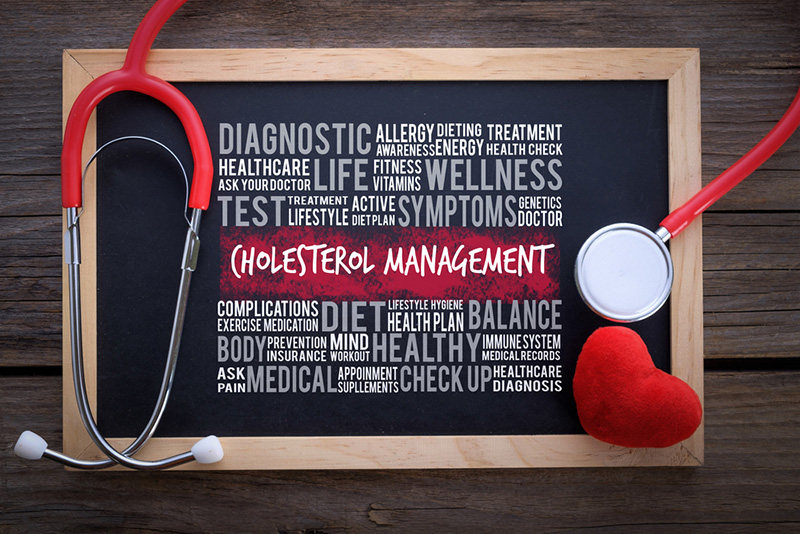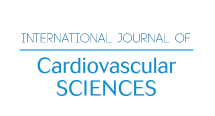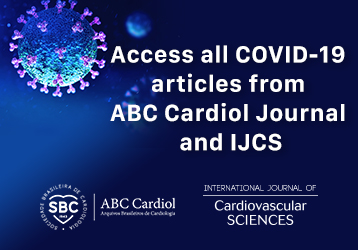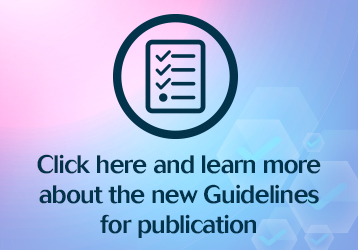Volume 32, Nº 6, November and December 2019
DOI: https://doi.org/10.36660/ijcs.20190088
REVIEW ARTICLE
New 2018 ACC/AHA Guidelines on Cholesterol Management: Key Changes and Implications
Marcio Bittencourt
Giuliano Generoso

During the American Heart Association (AHA)’s scientific sessions held in November 2018, the new ultisociety Guideline on the Management of Blood Cholesterol1 was presented to the cardiology community emphasizing some previous key recommendations and new concepts in atherosclerotic cardiovascular disease (ASCVD) prevention. The main updates of these guidelines are:
1) a new 10-y risk ASCVD categorization for adults 40 to 75 years of age and a lifetime risk estimation in young patients;
2) upgrading of non-statin therapies for LDLcholesterol lowering treatment;
3) use of LDL-c thresholds (and not only of percental reduction) to consider intensification of therapy;
4) time of blood collection to measure lipid levels;
5) inclusion of the coronary artery calcium (CAC) score in the decision-making process in the management of intermediate-risk patients.
A healthy lifestyle including an anti-atherogenic diet, physical activity, weight control and not smoking remains the cornerstone for cardiovascular prevention. Regardless of pharmacological treatment used, these habits are important at all ages, and are some of the key recommendations for ASCVD prevention.
About the treatment with lipid-lowering drugs, statins remain as the first-choice agents. However, ezetimibe and proprotein convertase subtilisin/kexin type 9 (PCSK9) inhibitors have gained attention as add-on drugs in a more aggressive approach for low-density lipoprotein cholesterol (LDL-c) reduction. Ezetimibe, a cholesterol absorption inhibitor, is the most commonly used drug in combination with statins, contributing for an additional 15-30% reduction in LDL-c levels.
Keywords: Cardiovascular Diseases/ prevention and control; Lifestyle Physical, Activity; Weight Loss; Diet, Atherogenic; Cholesterol, Dietary.











